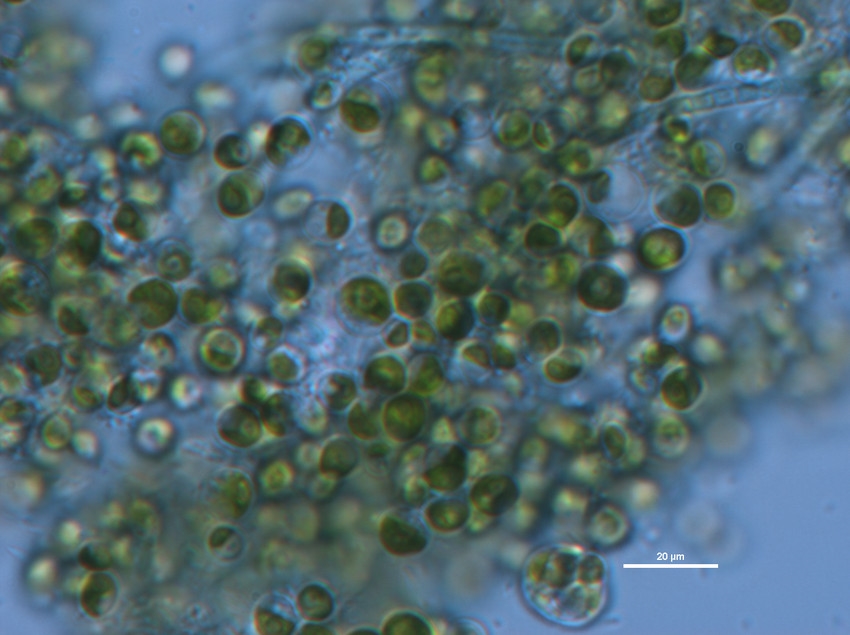FAYETTEVILLE, Ark. – Environmental engineers have discovered that Chlorella vulgaris, a single-celled fresh water algae species, effectively removes pollutants from wastewater even at fluctuating levels, making it an effective tool for wastewater treatment.
The study, published recently in Water Environment Research, indicates that Chlorella vulgaris continues to remove harmful elements like nitrogen and phosphorous from wastewater even after one type of pollutant is depleted. Some algae require both nitrogen and phosphorous to be present to function, which can limit its effectiveness in wastewater treatment.
“One of the factors that significantly impacts algal wastewater treatment is nutrient availability,” said Wen Zhang, associate professor in the Department of Civil Engineering. “What is the ideal range of nitrogen-to-phosphrous mass ratio for algal growth? Because previous research failed to identify this, the efficacy of algal treatment has been difficult to predict or optimize.”

Wastewater quality fluctuates dramatically, which makes it difficult to initiate and maintain algae growth for treatment. Zhang’s study now shows that Chorella vulgaris could survive even in the absence of either nutrient.
Zhang worked with John Chamberlin, doctoral student in the environmental dynamics program, and Kristen Harrison, an undergraduate honors student in the Department of Crop, Soil, and Environmental Sciences.
The researchers grew the algae in synthetic wastewater under several nutrient-limiting conditions and in effluent from two wastewater treatment plants. They found that Chorella vulgaris removed both nitrogen and phosphorous after secondary wastewater treatment, in all levels or ratios of nutrients tested.
The research is funded by the Arkansas Biosciences Institute and the University of Arkansas Doctoral Academy.
About the University of Arkansas: The University of Arkansas provides an internationally competitive education for undergraduate and graduate students in more than 200 academic programs. The university contributes new knowledge, economic development, basic and applied research, and creative activity while also providing service to academic and professional disciplines. The Carnegie Foundation classifies the University of Arkansas among only 2 percent of universities in America that have the highest level of research activity. U.S. News & World Report ranks the University of Arkansas among its top American public research universities. Founded in 1871, the University of Arkansas comprises 10 colleges and schools and maintains a low student-to-faculty ratio that promotes personal attention and close mentoring.
Topics
Contacts
Wen Zhang, Associate Professor, Civil Engineering
College of Engineering
479-575-6024, wenzhang@uark.edu
Matt McGowan, science and research communications officer
University Relations
479-575-4246,
dmcgowa@uark.edu
